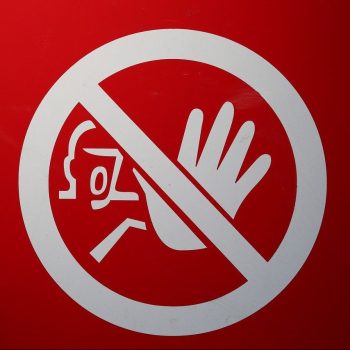
After the BSI - Federal Office for Information Security (BSI) warned Section 2022 of the BSI Act against the use of Kaspersky virus protection software in mid-March 7, the US telecommunications authority FCC also expanded its prohibited list of service providers, which now also includes AO Kaspersky Lab .
The US had already banned Kaspersky's security solutions from state networks in 2017. Companies that work with the authorities are also not allowed to use these solutions. At that time, the FCC had already cited the possibility of malicious attacks by Moscow as a reason.
FCC bans AO Kaspersky Lab
The US telecommunications authority FCC has now expanded its banned list and explicitly includes the company AO Kaspersky Lab. In a statement on the website, the FCC states that "...the Bureau of Public Safety and Homeland Security directs to publish a list of communications devices and services (Covered List) considered to be an unacceptable risk to the national security of the United States or the safety of State Persons”.
The list on the website has the entry: Prohibited are “information security products, solutions and services provided directly or indirectly by AO Kaspersky Lab or its predecessors, successors, parent companies, subsidiaries or affiliates.”
BSI has previously warned about Kaspersky
As early as March 15, the BSI warned against the use of Kaspersky solutions, especially in the corporate sector. As justification, the BSI cited the possible influence and possibly available access of the Russian government to Kaspersky's controlling systems. Shortly thereafter, Kaspersky's founder, Eugene Kaspersky, published an open letter. In it he explained the independence of his company and the transparency centers, as well as the positive worldwide cooperation with authorities against hackers and cyber gangsters.
As a result of the Russian attack on Ukraine, many sanctions against Russian companies or service providers are taking effect worldwide. Kaspersky is considered by some experts to be collateral damage that will make life easier for cyber gangsters in the future. However, these statements are currently not available as official quotes. For many, the topic is currently too sensitive.
More at FCC.gov
